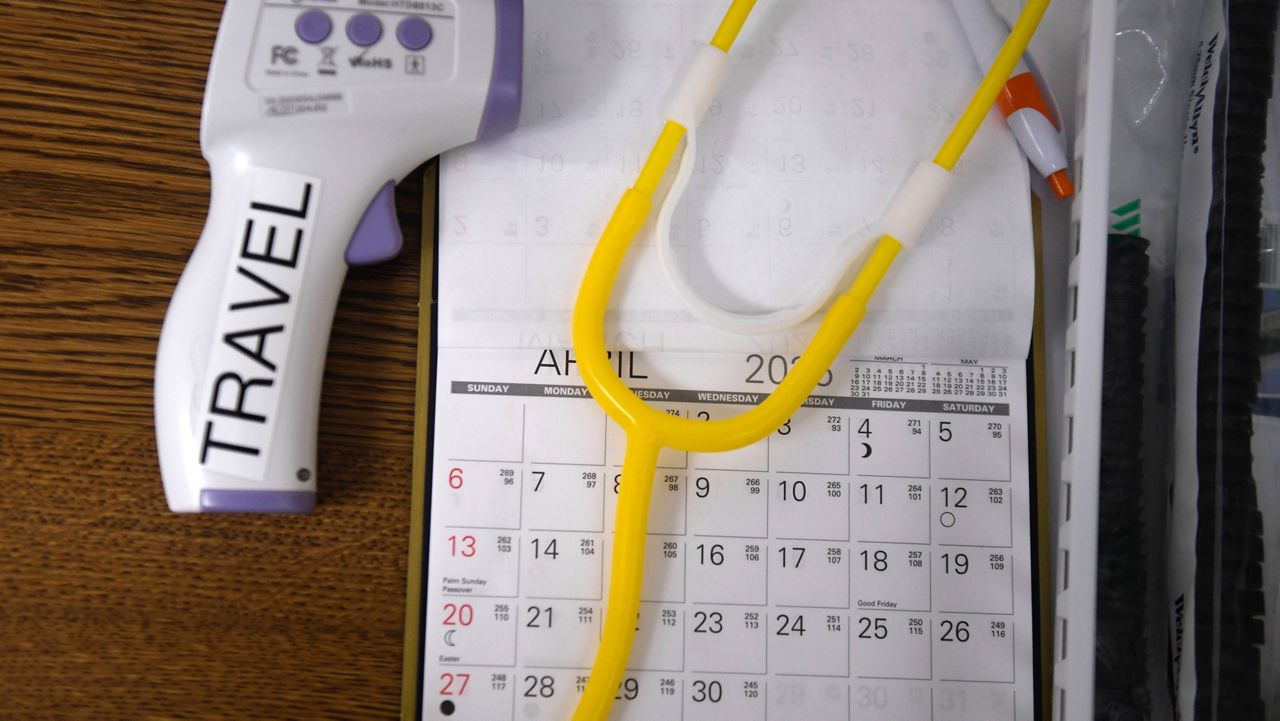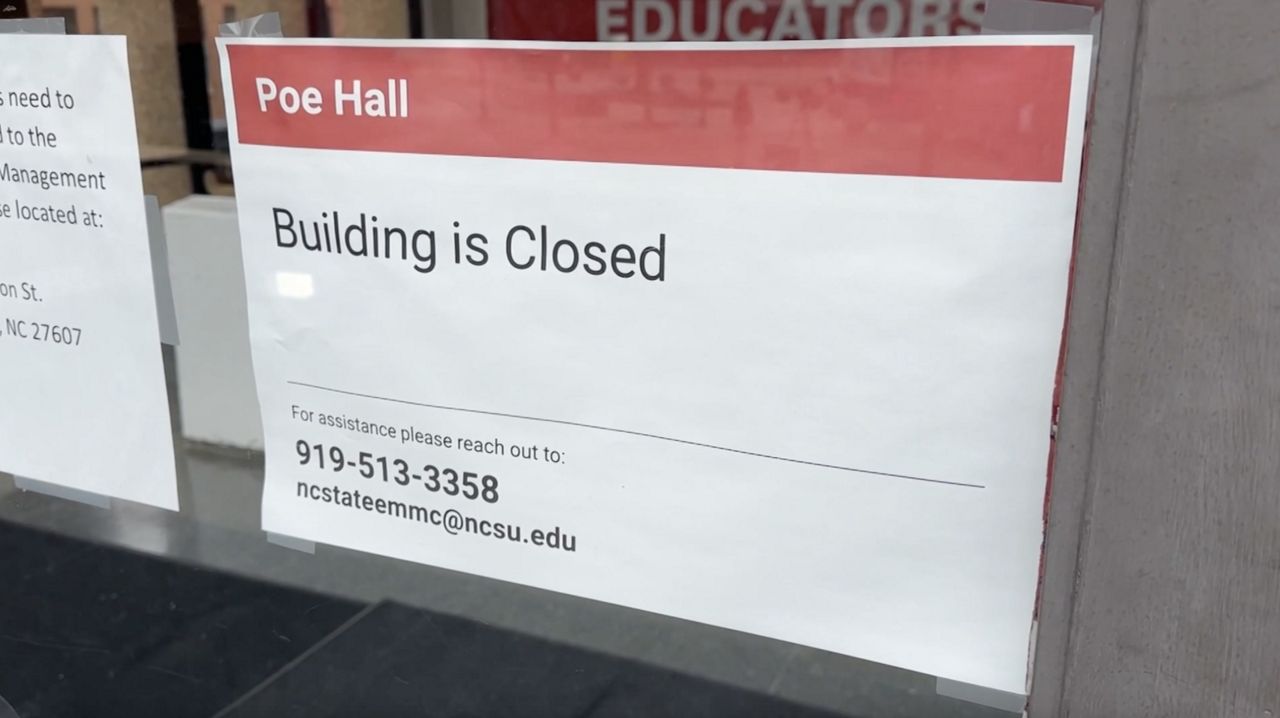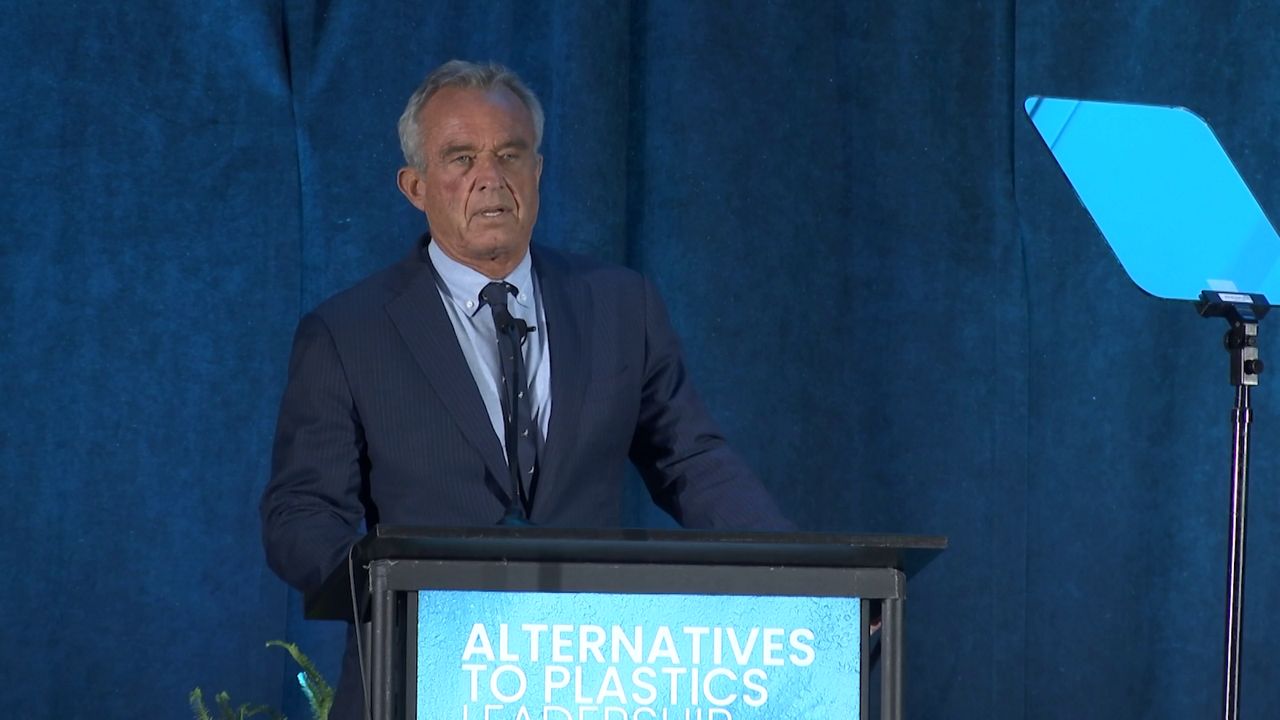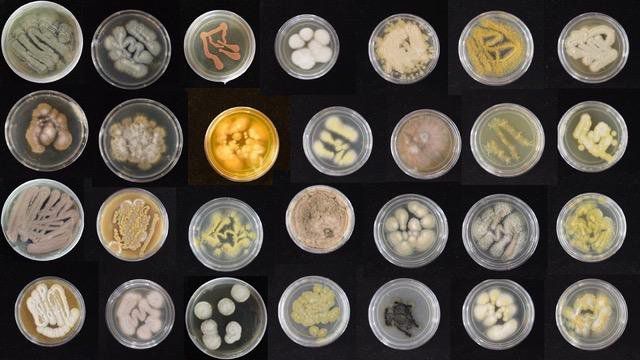CARY, N.C. — Pharmacies across America face shortages of child pain relief products amid a busy season for severe respiratory illnesses.
Supplies of children’s Motrin, Advil and Tylenol are low in stock at many places. Pharmacy owner Dr. Jin Lee finds himself in that boat.
Lee has needed children’s Tylenol and Motrin at DJ’s Pharmacy since the week before Christmas. “This takes priority over all the other orders,” he said.
What You Need To Know
- Pharmacies are running short on child pain relief products
- Local independently owned pharmacists communicate about inventory
- Chains like Walgreens and CVS imposed purchasing limits
- The president opened the national stockpile of Tamiflu
But his supplier warehouse can’t ship what's not in stock. On a rack in the middle of the pharmacy is an empty portion of a lower shelf.
“This is where the kids' Tylenol, the tags are,” he said as he pointed to empty spaces that used to house the medicine. All you could see now are the brand name tags for child pain relievers.
The United States Food and Drug Administration defines a drug shortage as "a period of time when the demand or projected demand for the drug within the United States exceeds the supply of the drug."
FDA Commissioner Dr. Robert Califf and U.S. Department of Health and Human Services (HHS) Secretary Xavier Becerra talked at length with major manufacturers last week. Representatives from companies such as Johnson & Johnson, the makers of Tylenol, were adamant there is no "widespread shortage of pediatric medicines."
“We’ve had inventory of some of the Tylenols and some of the ibuprofens. We weren’t able to get it starting this week,” Lee said on the Wednesday before Christmas.
Lee is not alone. Shelves are empty elsewhere, too.
The spat of severe respiratory illnesses and an early flu season ran child pain relief products dry.
CVS enforced a two-purchase limit in stores throughout the country.
Walgreens followed suit. The chain restricted online transactions to six over-the-counter fever reducers at a time. The depletion of readily available medicines led the president to dip into the national stockpile of Tamiflu.
Counts of the children’s antiviral drug were low in some states. The goal was to grant access to pharmacists everywhere if needed.
Lee picked up a box of Tamiflu from behind the counter. “There is not as high of a demand or shortage as there was a few weeks ago,” Lee said.
The 54-year-old said owning an independent pharmacy has perks for moms and dads outside of their shop.
“We try to help them as much as we can,” Lee said.
He said there is an underground network of support between independent pharmacists.
Lee said all is not lost, even if you walk into an independently owned pharmacy like DJ’s and only find one product on the shelf. Lee says local independents often communicate about what products they do and do not have.
“We check with some of the independents first. We’re able to help by looking at other places closely with a pharmacist to help locate some of these products that their child would need," Lee said.
Lee is a father too. He runs the pharmacy with his wife, daughter and neighbor.
Lee said a family-first business model is built on putting people before profits.
“[We] provide a better and more personal care of service,” Lee said.
Doctors suggest parents consider giving their children generic brands. It's advised to ask your doctor or pharmacist before attempting to give adult over-the-counter medications to older children.
Lee said he shares the addresses of other independent pharmacies with customers.
When new shipments of in-demand products arrive, like child pain relievers and fever reducers, he will post the news on Facebook.










